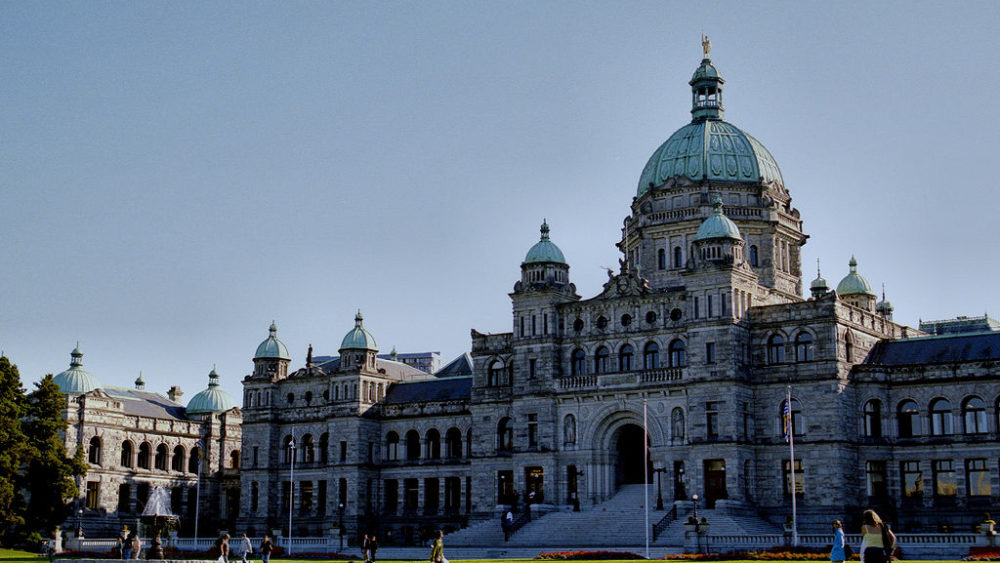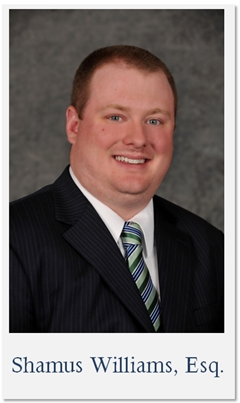
British Columbia Legislature
British Columbia’s Office of the Registrar issued a guidance document for organizations last month. This in anticipation of the changes to the province’s lobbying laws taking effect on May 4. The guidance document provides an overview for organizations with in-house […]
British Columbia’s Office of the Registrar issued a guidance document for organizations last month.
This in anticipation of the changes to the province’s lobbying laws taking effect on May 4.
The guidance document provides an overview for organizations with in-house lobbyists under the Lobbyists Transparency Act.
Beginning on May 4, the time threshold for requiring in-house lobbyists to register is reduced from 100 hours to 50 hours in the preceding 12-month period.
Time spent preparing to lobby, researching and writing reports, and strategizing would be included in calculating the time threshold required for registration.
However, activities predating a decision to lobbying would “likely not be included in the calculation,” according to the published guidance.
Organizations that are not member-based or that do not have a primary purpose to promote or oppose issues may qualify for the exception.
This is only if the organizations have fewer than six employees and the lobbying activities add up to fewer than 50 hours in the preceding 12-month period.
Examples of organizations unlikely to qualify for the exemption are unions and chambers of commerce.
Presently, a new online Lobbyists Registry is in development to replace the current Lobbyists Registry.
This registry is scheduled to launch on May 4, 2020.
June 3, 2015 •
Ask the Experts – Canadian Lobbying Law
Q. The Canadian branch of our company would like to set up some meetings with the federal government. Does Canada have lobbying laws too? A. Canada does have lobbying laws at the federal, provincial, and even municipal levels of government. […]
 Q. The Canadian branch of our company would like to set up some meetings with the federal government. Does Canada have lobbying laws too?
Q. The Canadian branch of our company would like to set up some meetings with the federal government. Does Canada have lobbying laws too?
A. Canada does have lobbying laws at the federal, provincial, and even municipal levels of government.
For the federal government, in-house lobbyists must register when the collective time devoted to lobbying activities by all of its employees reaches or exceeds 20 percent of the duties of a single equivalent-paid employee of the corporation or organization during a calendar month. Lobbying is communicating with public officeholders on behalf of another person or entity.
If the above threshold is reached, the senior most paid person of the company is required to file a registration and become the registrant. This registration will contain a list of all the names of the employees whose job duties include lobbying in some fashion.
Once registered, the registrant is required to file monthly returns. A return is the Canadian form of a report. The returns are due on the 15th day of the month. On this return, the registrant simply reports any communications that were had with public officeholders and the date and content of those meetings. The monthly return does not need to be filed if: (1) no communications with public officeholders took place that month; (2) no information on the registration needs to be amended; and (3) the undertaking has not been performed or terminated.
It isn’t just lobbying the federal government that you have to worry about, either. Almost all of the provinces have a separate lobbying law, and the major cities throughout the country are starting to pass lobbying laws as well. If you have specific questions related to your company’s activities in Canada, we will be more than happy to help you.
![]()
You can directly submit questions for this feature, and we will select those most appropriate and answer them here. Send your questions to: marketing@stateandfed.com.
(We are always available to answer questions from clients that are specific to your needs, and we encourage you to continue to call or e-mail us with questions about your particular company or organization. As always, we will confidentially and directly provide answers or information you need.) Our replies to your questions are not legal advice. Instead, these replies represent our analysis of laws, rules, and regulations.
State and Federal Communications, Inc. provides research and consulting services for government relations professionals on lobbying laws, procurement lobbying laws, political contribution laws in the United States and Canada. Learn more by visiting stateandfed.com.

